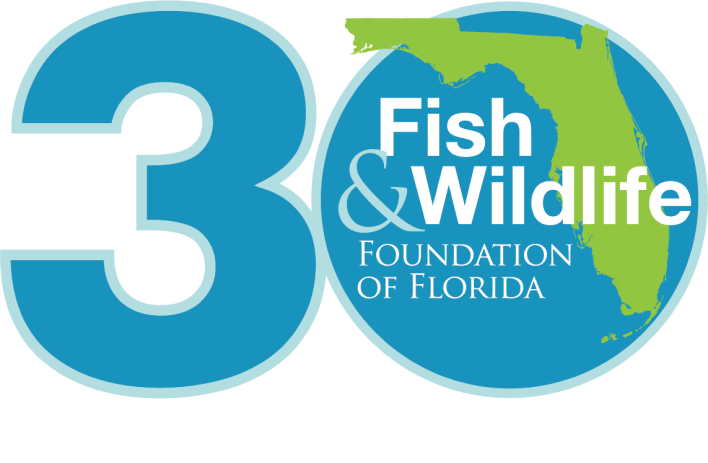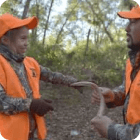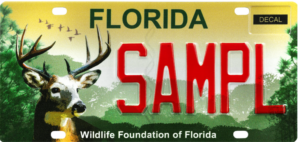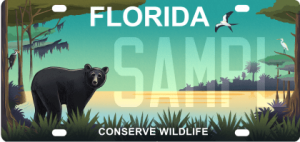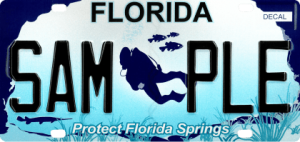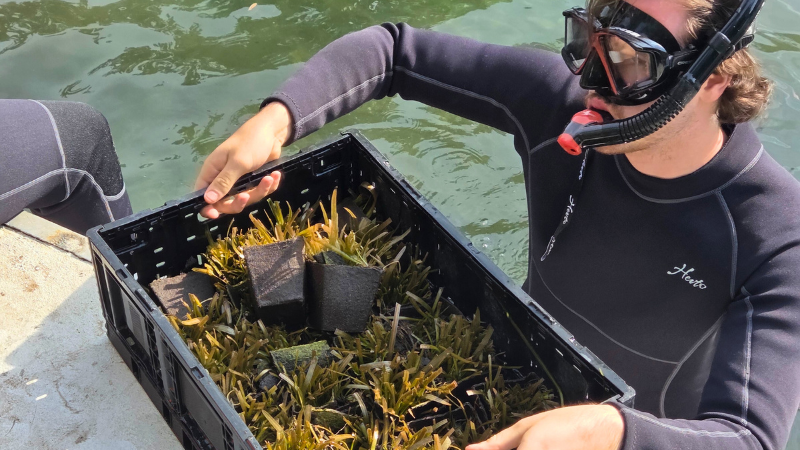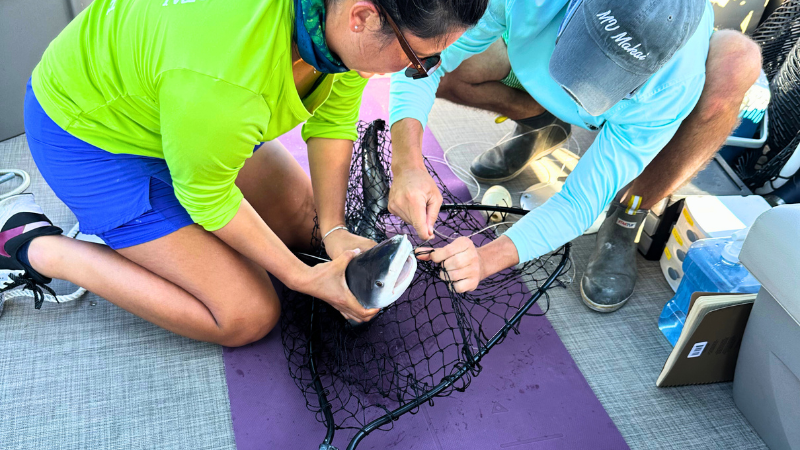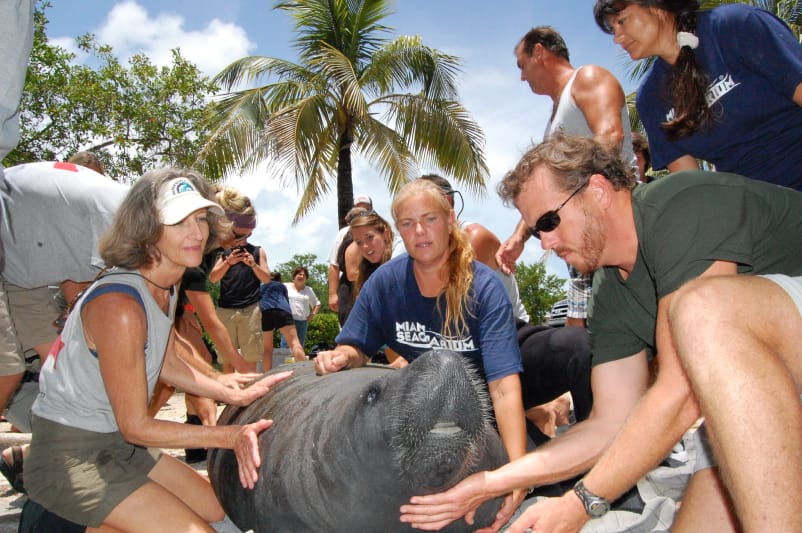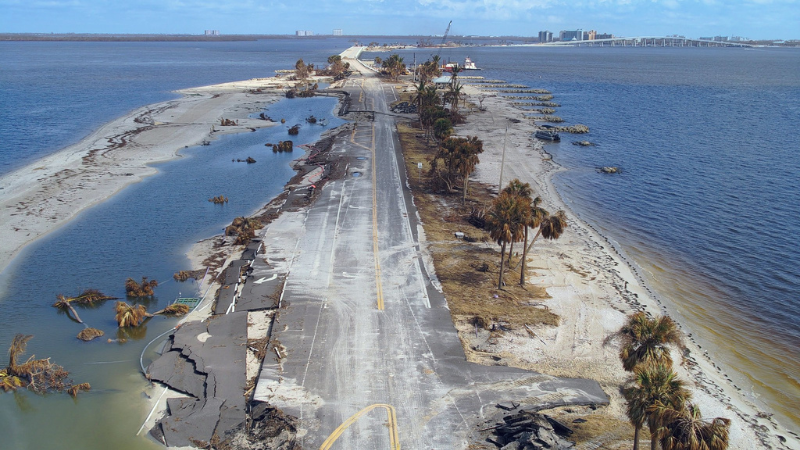
As we welcome the start of summer, we’re also turning the page into something far less relaxing: hurricane season. Officially beginning June 1, the 2025 season comes on the heels of last year’s intense storms, and forecasters are already calling for an active season ahead. In a state as naturally wild and wonderfully waterlogged as Florida, preparedness is essential, not just for our families and homes, but for the wildlife we share this landscape with.
Florida’s peninsula, bordered by warm Gulf and Atlantic waters, makes it especially vulnerable to the increasingly strong storms fueled by rising ocean temperatures. But the power of preparation can make all the difference in mitigating that vulnerability.
Whether you’re new to Florida or a seasoned storm veteran, these steps are your go-to hurricane prep checklist:
- Build a hurricane kit: Stock up on essentials like bottled water, non-perishable food, batteries, medications, flashlights, and backup phone chargers. Don’t forget supplies for your pets!
- Make a family plan: Know your evacuation routes and designate a meeting place. Keep a copy of important documents in a waterproof container or saved to the cloud.
- Secure your space: Trim loose branches, bring in patio furniture, and check that storm shutters and garage doors are reinforced.
- Stay informed: Follow local officials and reliable meteorologists. FWC’s website is a great source for wildlife-related alerts during storms.
Hurricanes impact far more than just human homes. Storm surge, flooding, and debris pose serious threats to Florida’s wildlife.
- Burrowing Owls, a state-designated threatened species, often lose their low-lying homes in floods and may seek shelter in unexpected places. If you see one post-storm, give it space to recover.
- Manatees are vulnerable to habitat loss and can be stranded by storm surge. Call FWC’s Wildlife Alert Hotline (888-404-3922) if you spot an injured or displaced manatee.
- Snakes are more visible post-storm as they escape rising waters. Most are nonvenomous and won’t harm you unless threatened. Give them room, especially when clearing debris.
- Fish kills spike after hurricanes due to salinity shifts and low oxygen levels. Report large fish kills to FWC at 800-636-0511.
When storms strike, FWC doesn’t hesitate. Their officers, biologists, and rescue teams are often the first on the ground, helping both people and wildlife through the chaos. During Hurricane Milton, FWC officers rescued more than 426 people and 45 pets in Clearwater alone, used swamp buggies and airboats to reach stranded Floridians, and ensured the safety of animals in wildlife facilities across the state. That’s no small feat.
Thanks to your support, our Foundation contributed $43,700 last year to assist FWC’s hurricane response, helping cover emergency supplies, vehicle repairs, and staff support during Hurricanes Milton and Helene. We also stand ready to support FWC employees personally affected by hurricanes, as we did after Hurricane Ian in 2022, when we provided over $150,000 in relief.
Every hurricane brings uncertainty. But with your help, we can respond with certainty. Donate today to support our ongoing work with FWC, whether it’s rescuing wildlife, helping families evacuate, or protecting those who protect us.
Being prepared helps everyone, wild and human alike. Stay safe this season, Florida.
